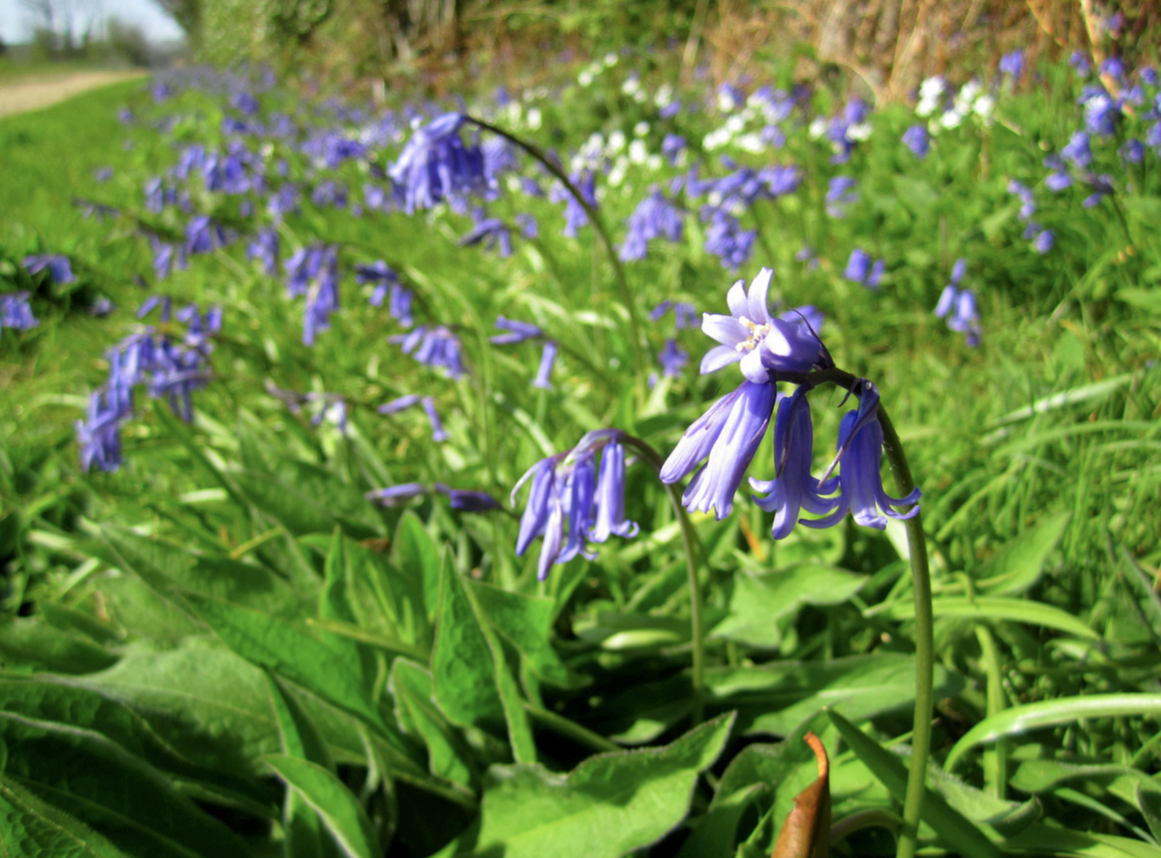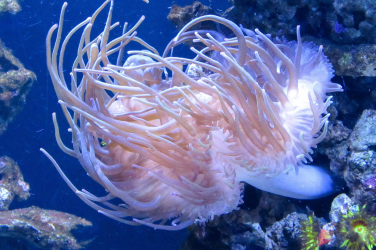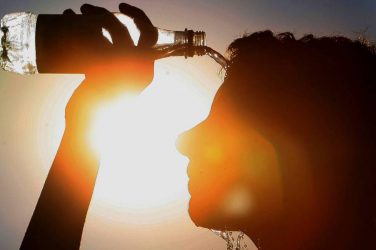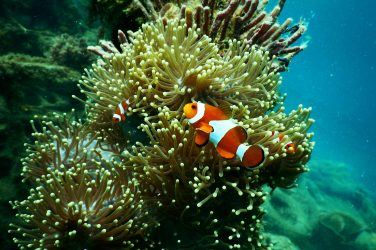A 20-year field study found that more than half of Britain and Ireland’s native plants have declined in the last 80 years and that over 3,445 plant species found, 1,753 species are non-native, which can cause huge implications for other plants and animals that rely on the native species for food and shelter, as stated by the report.
One of the most significant impacts of non-native plants is their ability to alter the soil chemistry. Some of these plants have roots that are capable of producing toxins that can leach into the soil and affect the growth of native plants. In addition, non-native plants can also alter the water balance in the soil, which can lead to an increased risk of erosion and flooding.
Another impact of non-native plants is their effect on the pollinators that are essential for many native plants. As non-native plants take over, they can outcompete native plants for pollinators, leading to a decline in the populations of these vital species.
The spread of non-native plants can also have an impact on the carbon balance of the environment. Many non-native plants are fast-growing, which means that they absorb more carbon dioxide from the atmosphere than native plants. However, they also release more carbon dioxide when they decompose, which can have a negative impact on the overall carbon balance of the environment.
To address the impact of non-native plants, the UK government has implemented a number of measures, including the introduction of legislation to regulate the import and trade of these plants. There are also a number of organizations working to remove non-native plants from the environment and restore native habitats. In this sense, Craig Bennett, chief executive of The Wildlife Trusts, highlighted that <<it’s not too late to stop this catastrophe>>.









Show Comments